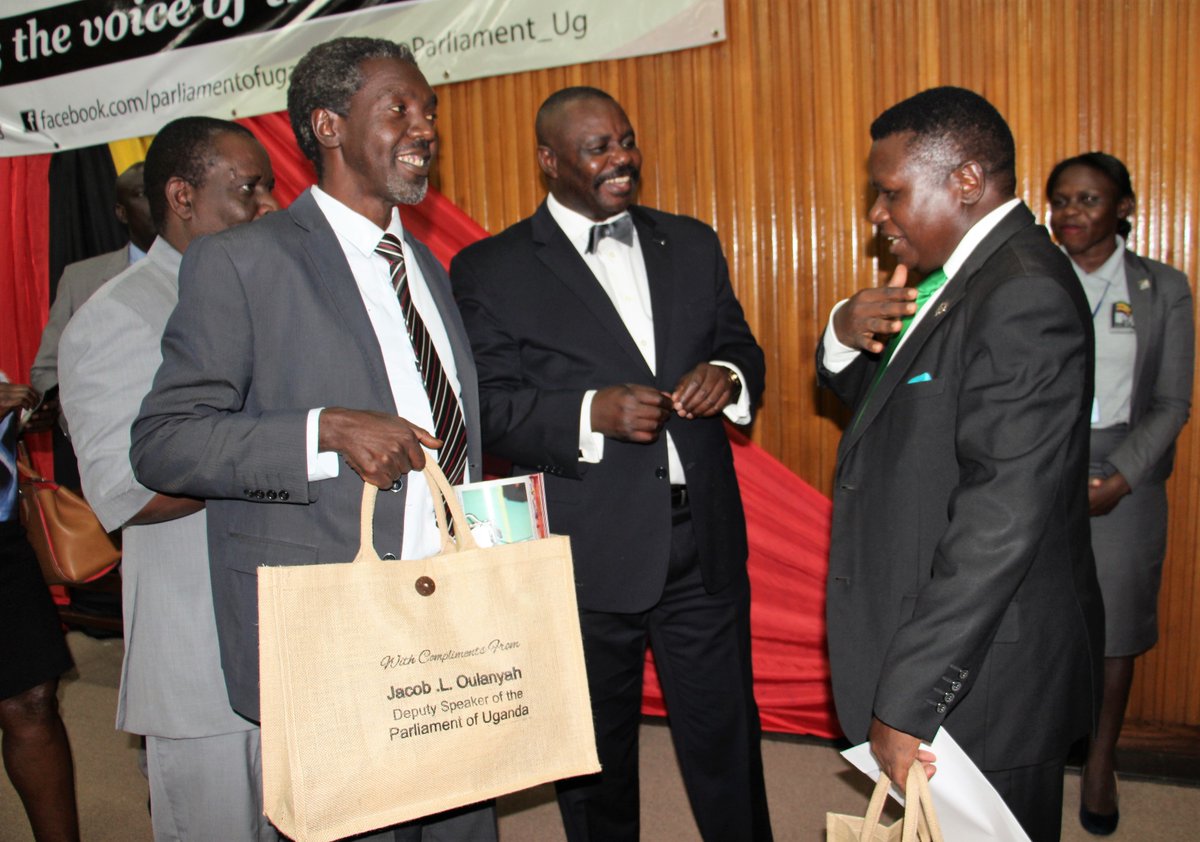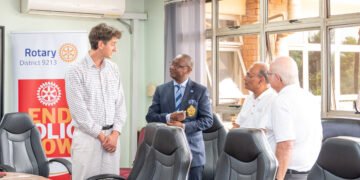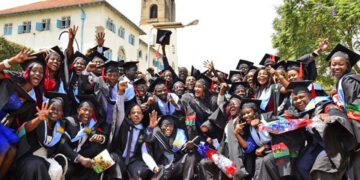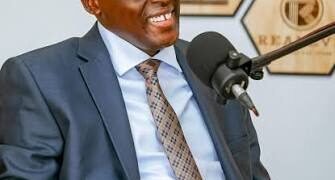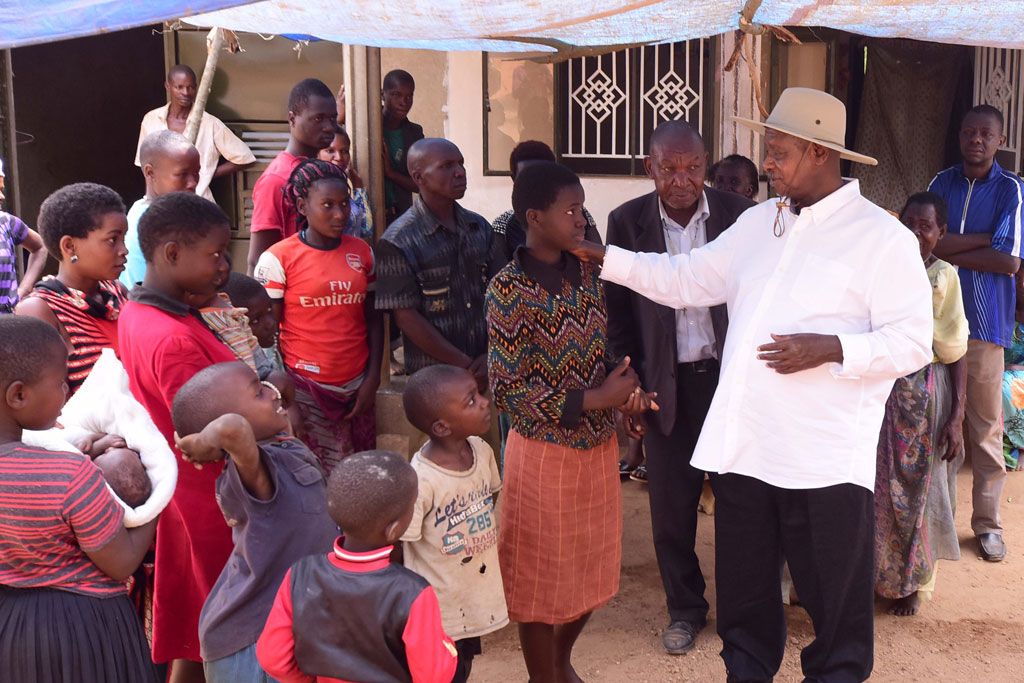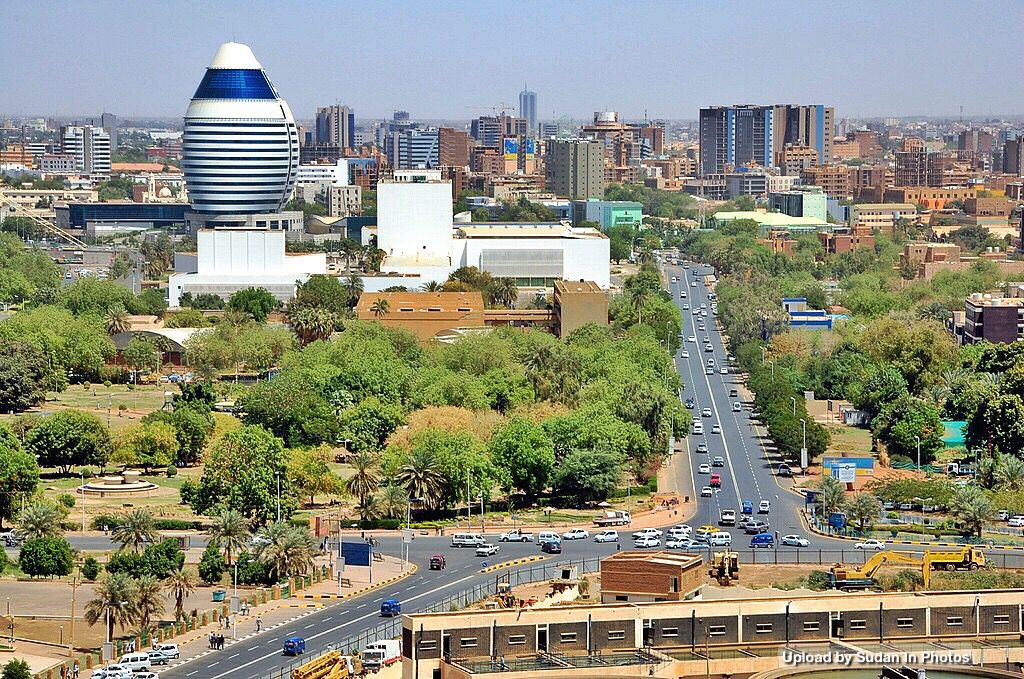The Deputy Speaker of Parliament, Jacob Oulanyah has urged the civil society to support Parliament through solution-based and constructive debate rather than criticising the institution.
Oulanyah expressed disappointment in arguments fronted by the different members of the civil society at the Civil Society Debate that he was chairing during the Parliament Week on Tuesday, 23rd January, 2018.
The Debate which marks the third major activity of the Parliament week was themed; The Voice of the people; a reflection of the 10th Parliament, attracted different key figures from the civil society.
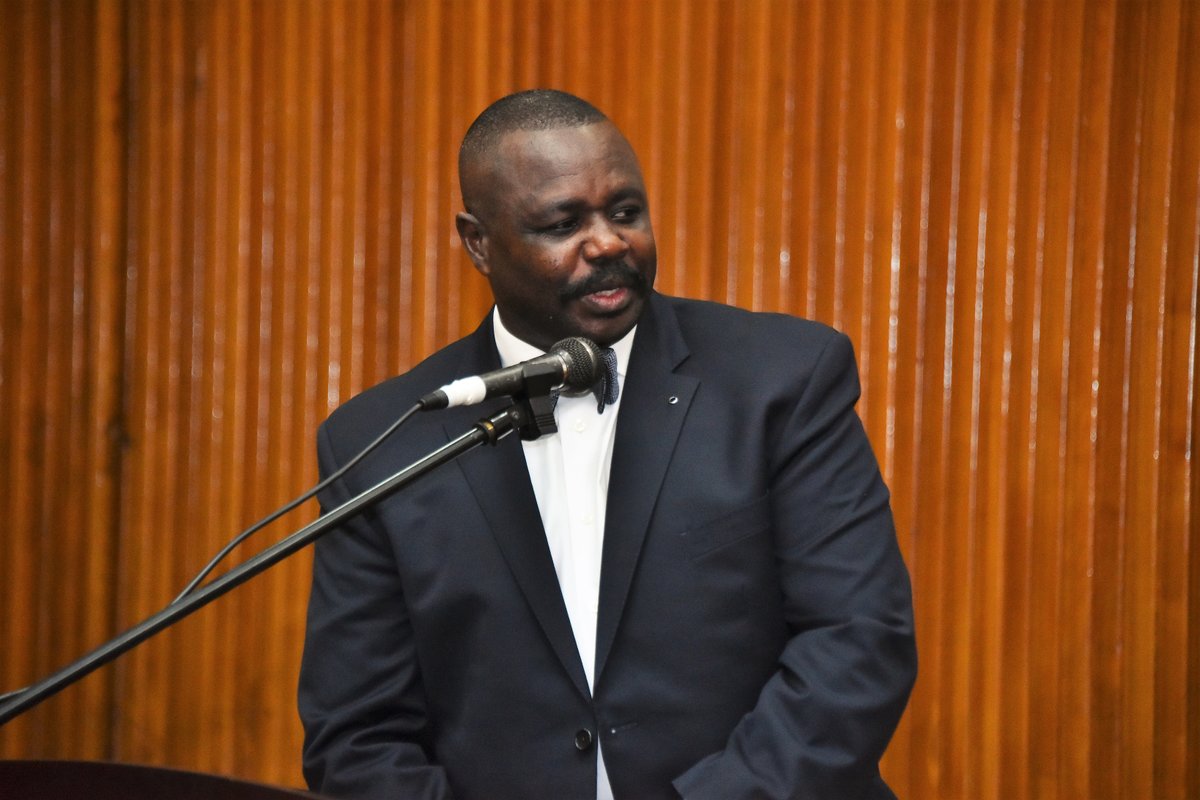
The main discussants included; former Human Rights Centre Executive Director, Dr. Margaret Ssekagya; the President of the Law Society. Francis Gimara, Prof. Gerald Karyeija from the Uganda Management Institute and Godbar Tumushabe the Executive Director of Advocates Coalition for Development and Environment.
The debate was also attended by the Uganda Peoples‘ Congress(UPC) and Democratic Party Presidents, Hon. Jimmy Akena and Norbert Mao respectively.
Oulanyah asked the civil society to bring proposals and articulate trade issues of the economy.
“You keep restricting yourself to the Justice, Law and Order Sector; there are other sectors that we need to focus our debates on besides politics, we need to stop this blame game and focus on the issues that really matter,” Oulanyah said.
He further emphasised the need for civil society to influence but not to control Parliament and what it does.
“Influence what Parliament does because that might be more productive than actually thinking you can dictate what goes on here; civil societies should form a coalition to participate in activities of sectoral committees,” Oulanyah added.
“Why don’t you bring the people’s will through the public hearings at the process of the Bill and Budget appropriation?” he asked.
Oulanyah told the civil society to use their current situation to bring on board their ideas because they are out-numbered by the government.
The Deputy Speaker said that the help of the civil society is to assess and help put the Parliament in line.
“We need to discuss issues that touch our lives besides politics; we need to focus on issues regarding the economy, the infrastructure, the social issues and the budget so that we can find a way of creatively influencing the Parliament,” he added.
Dr. Ssekagya said that Parliament is meant to safeguard the Constitution to promote good governance.
“The Constitution should not be easily and frequently amended to prevent the Executive from abusing it and using it to its advantage. It is supposed to fight for the observance of the Constitution,” she said, adding that, “Parliament must be an oversight arm to observe the rule of law, equitable distribution of resources and make sure it gets feedback on the activities of the government.”
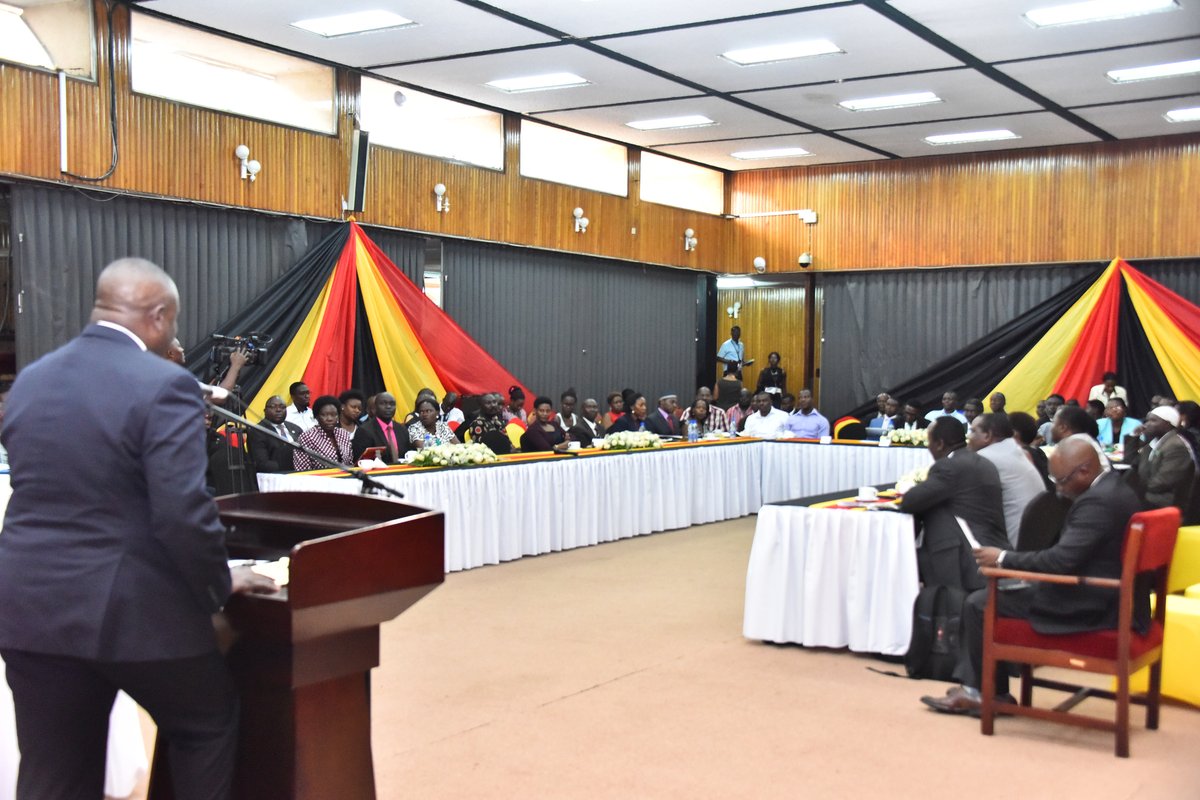
Dr. Ssekagya added that there is need for Parliament to have enough resources and knowledge to lead the people.
Prof Karyeija also added that an MP represents aggregated voices because of the different people in every constituency and therefore, they ought to capture all these voices.
“Parliament is a vibrant institution; it has shown that I can speak the truth but many times the public feels that its voice gets lost in politicking,” he said and urged MPs to improve participatory democracy just like such a debate.
Prof. Karyeija added that civil society needs to be involved in decisions taken by the Parliament and the decision making.
Gimara on the other hand made a submission noting that Parliament has a very loud voice in the Constitution and should redeem it.
“Parliament has a very loud voice in the Constitution and it must reclaim that voice to serve the citizenry,” he noted.
Tumushabe said that Parliament needs to be assertive on the issue of public service delivery by aiding government to produce more professionals in the service delivery chain.
“We need to change the economic system of this government by abandoning the trickle down system because it has proven to be ineffective; Parliament should demand a much more robust plan on how economic issues are handled in the country,” he added.
Hon. Jimmy Akena said that the Executive should tackle many of the resource issues because they end up reflecting badly on Parliament and becoming a burden on its members.
“The voices of the people are heard by MPs for example through availing ambulances to ease the issues instead of raising the issues on the Floor of Parliament and paying school fees for their constituents. We feel pressure of our constituents struggling to educate their children because the resources are hard to find,” he added.
He noted that the problem is the fact that the country has a presidency which has dominated all aspects of the Parliament.
“We need to make sure that we learn to survive without the dominance of the President. We need to make our Parliament independent,” Akena noted.
Hon. Nobert Mao said that Parliament needs to administer a poll for the public to assess the extent it has fulfilled its roles.
The Leader of the Opposition, Hon. Winfred Kiiza said that together with the civil society, Parliament is supposed to keep government in check and hold it accountable.
Kiiza said that MPs also need guidance at times of the people out there to help them.
“Sometimes, we do not have the capability to articulate issues accurately. We need to be properly mentored so that we can come out to be proper people’s representatives,” she said.
She noted that there is a need for a forum to mentor young people to become future leaders instead of having people who are going to be bulldozed.
Source: Parliamentary News


